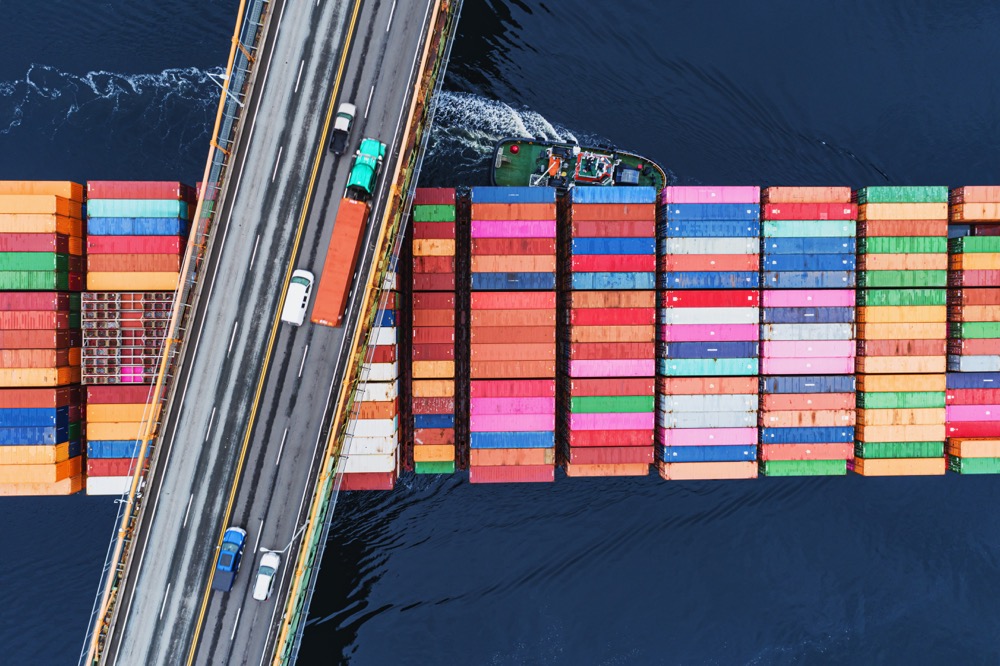American Bureau of Shipping (ABS) Chairman and CEO Christopher Wiernicki has called on the International Maritime Organization (IMO) to pause and reconsider its net zero framework, arguing that current regulations fail to recognize the role of LNG and biofuels in shipping decarbonisation.
Speaking at the launch of its ‘2025 Sustainability Outlook, Beyond the Horizon: Vision Meets Reality’, Wiernicki said: “Shipping and the IMO are on different trajectories. There is no clear pathway for green fuel availability, scalability, and infrastructure support. LNG and biofuels are mission critical to any success and should not be overlooked, over-penalized, or discarded in the net zero regulation.”
The ABS chief described achieving net zero for shipping by 2050 as looking “like a wildcard” and urged the IMO to “take a timeout” to develop a framework that “marries ambition with reality.”
According to the seventh edition of ABS’s annual sustainability report, shipping’s absolute emissions continue to climb despite progress on carbon intensity, remaining 121% above the 2008 baseline. The report warns of sharply increasing compliance costs, with modeling showing a typical vessel trading within the EU could see daily operating costs rise from approximately $15,000 in 2028 to around $45,000 by 2035.
Wiernicki outlined what he described as maritime decarbonisation’s “three-part calculus”: 70% fuel selection, 15% energy efficiency, and 15% performance optimization. He argued that the 30% beyond fuel represents where “the most immediate and scalable gains can be achieved” given the current scarcity of green and blue fuel variants globally.
The ABS executive defended LNG’s role as a bridging fuel, stating: “We need to protect the bridge, which is LNG with methane-slip controls and credible /e-LNG pathways, to extend the runway, which is energy efficiency technologies and onboard carbon capture, to cut well-to-wake emissions and prepare the endgame: nuclear and zero-carbon fuels when they are safe, insurable, and investible at scale.”
The report claims LNG is “over-penalized” in the early 2030s despite underpinning blue fuels and keeping hard-to-abate segments compliant, provided methane slip is addressed and pathways to /e-LNG are opened.
ABS’s outlook also highlights an impending retrofit capacity crunch at shipyards and acknowledges what it describes as the “game-changing potential” of nuclear propulsion technology beyond 2035.





